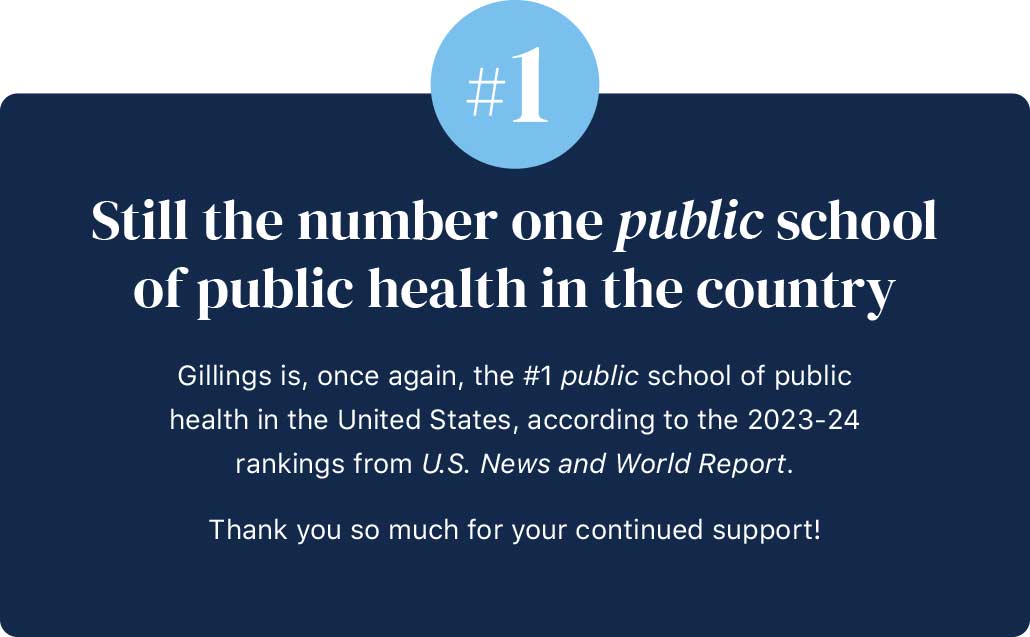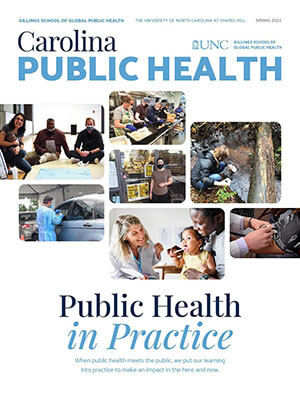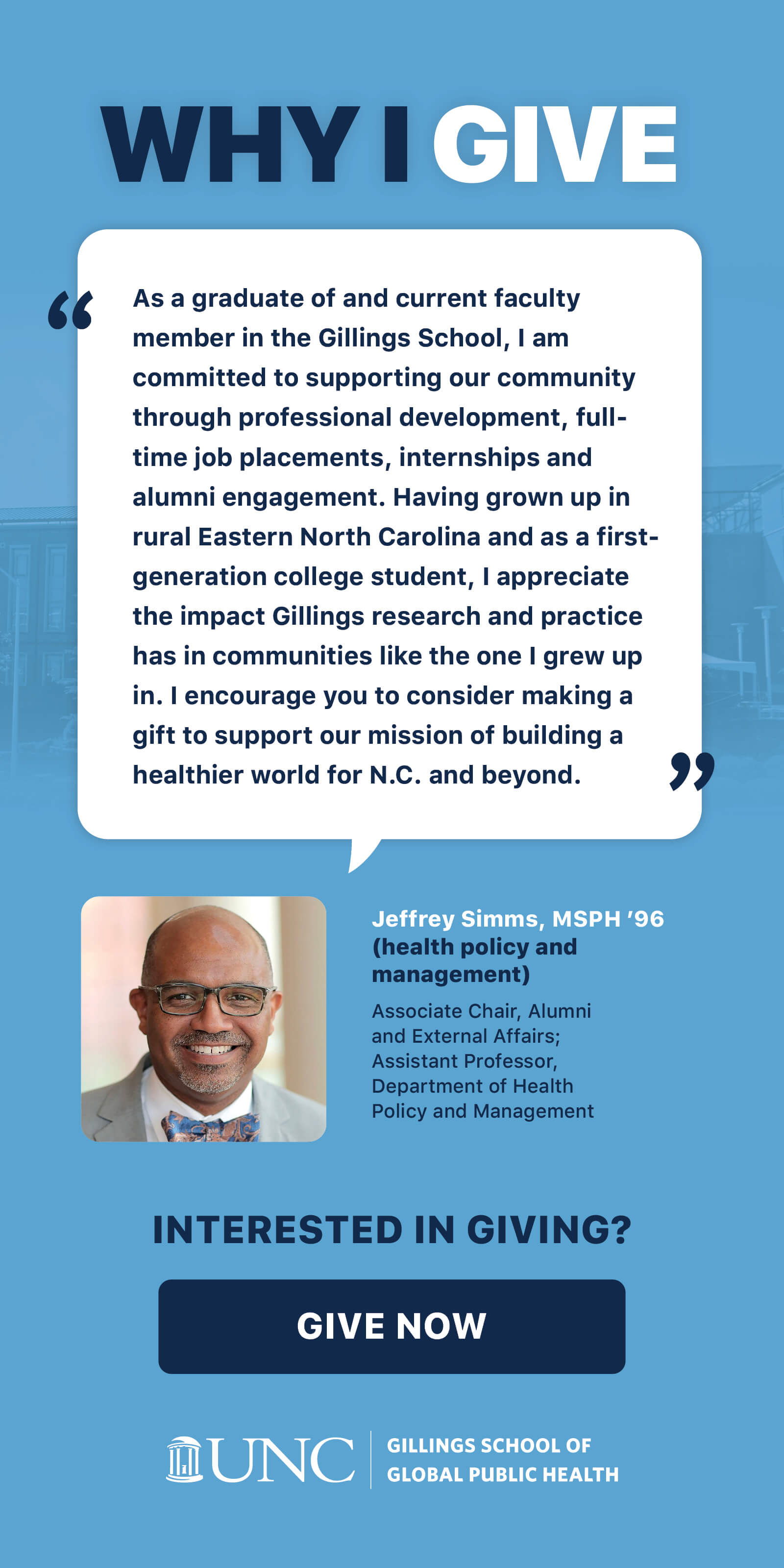By providing fruits and vegetables, produce prescriptions can improve health. With funding from The Duke Endowment, Shu Wen Ng explores their cost-savings.
A grant from The Duke Endowment could help find the answer.
Produce programs like RPRx offer patients prescriptions that provide up to $40 per month in electronic benefits to buy fruits and vegetables without additives. These programs have been associated with improved diet and health, but few studies explore their cost implications.
Thanks to a grant from The Duke Endowment, Shu Wen Ng, PhD, Distinguished Scholar in Public Health Nutrition at the UNC Gillings School of Global Public Health, and her colleagues aim to determine exactly that: how — and by how much — increasing access to fruits and vegetables can reduce health care costs and improve outcomes, and whether that return on investment justifies expanding these programs.
The United States Department of Agriculture funds prescription produce programs for households and individuals considered low income through their Gus Schumacher Nutrition Incentive program. Ng believes a more financially sustainable approach could be within reach — if these programs prove effective in reducing health care utilization and medication costs.
"Our hope is that this could be one way to start pushing the dialogue around how to better support patients, particularly those who face financial barriers."
— Shu Wen Ng, PhD
“If we can prove a good return on investment and that these programs can lower health care costs, it might be smart for both private insurers and public programs like Medicare, Medicaid and Tricare to cover the costs of produce prescriptions,” she says. “Our hope is that this could be one way to start pushing the dialogue around how to better support patients, particularly those who face financial barriers.”
The $765,000 grant will help Ng and her team survey clinicians and patients, analyze health records and pursue other workstreams to find out whether patients in RPRx see better health outcomes and lower health care costs, compared to patients who are not in the program. The researchers are working with health clinics in North Carolina.
“The idea of using produce prescriptions to reduce health care costs and improve outcomes is a promising one, and deserves further study,” said Chris Collins, associate director of health care for The Duke Endowment. “We are proud to support UNC’s effort to evaluate this important question.”
A lack of access to healthy food is associated with a host of health issues. Ng notes that while low-income, Black, Indigenous and other people of color are more likely to experience food insecurity and related health impacts, improving access to healthy food is just one component of addressing health equity.





